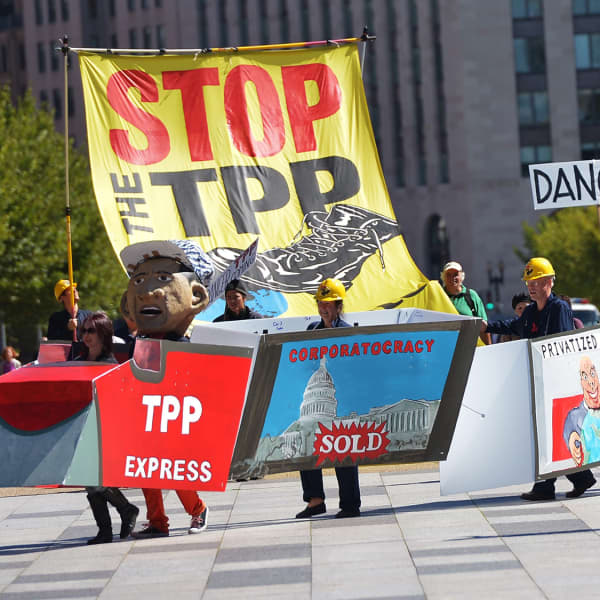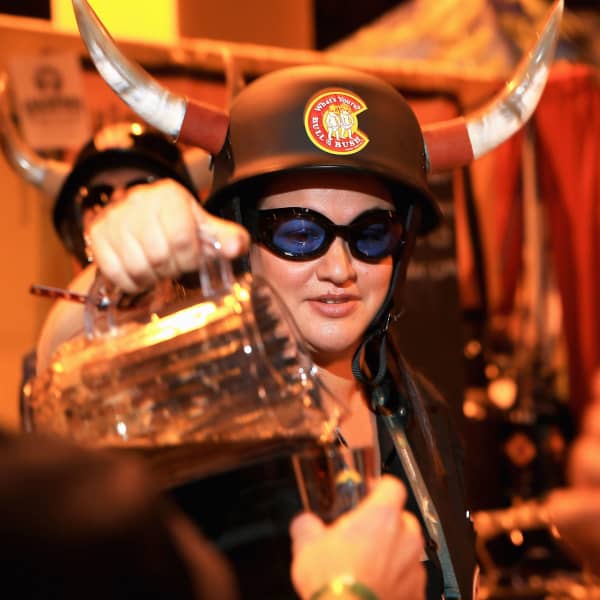The world of business is filled with companies started by close friends.
Think Bill Gates, who together with his high school pal Paul Allen founded Microsoft. Or Google founders Sergey Brin and Larry Page, comrades from their days at Stanford University. Or Apple's Steve Jobs and Steve Wozniak, neighborhood buddies whose friendship evolved through their shared passion for technology and practical jokes.
Launching a business and seeing it take off can be incredibly rewarding when you're doing it with a friend by your side, but successful partnerships such as these are the exception.
"When you start a business with friends, you're playing with fire," said Noam Wasserman, associate professor of business administration at the Harvard Business School, who has studied the behavior of company founders. According to Wasserman, most companies launched by best buddies are considerably less stable than those formed by acquaintances and strangers.
But Wasserman has also discovered that the founders who beat the odds share a few traits. They include such characteristics as the ability to discuss disagreements honestly and a profound sense of mutual trust.
"Starting a company with good friends heightens the extreme possible outcomes," he said. "It can turn into something magical."
Here's a look at five successful ventures between friends — and the wisdom that has kept them strong and happy.
1. Be a team player
Take high school seniors Steven Kramer and Joshua Ostrega, who became fast friends in the mid-'90s while dating girls who were pals. The friendship continued at McGill University, where the two entrepreneurial-minded friends often tossed around ideas for start-ups.
In 1999, when Kramer and his father, an entrepreneur himself, came up with an idea for an e-commerce software business, it was only natural for the young man to ask his BFF if he wanted in. "It took me 10 seconds to say yes," said Ostrega, now 41.
The start-up, called iCongo, took off after a 2011 merger with Munich-based hybris and, two years later, an acquisition by software giant SAP for $1.4 billion. The experience was so successful, in fact, that in 2014 they started yet another company — along with another close friend, Mark Sadegursky, who had joined iCongo early on. Called Workjam, it sells an employee-engagement platform for hourly workforces. Revenue at the 32-employee company has grown 150 percent over the past year.
The reason for their success: "We all have a strong work ethic and a desire to win," said Kramer, 40, who is CEO. "And we know how to work as a team."
2. Air your differences — right away
While most friendships are built on a solid foundation of trust and mutual respect, ground rules still need to be set to avoid any problems down the line — something Painting with a Twist founders Renee Maloney and Cathy Deano learned early on.
The two women met more than 20 years ago in Mandeville, Louisiana, when class parents for their children's kindergarten class and quickly developed a close friendship. In 2007, as a morale booster for neighbors reeling from the effects of Hurricane Katrina, they launched Corks N Canvas, pairing instructional art with friends and wine. The concept took off, and they soon opened three additional locations in the Greater New Orleans area. Not long after, they began franchising under the name Painting with a Twist.
Soon after they had opened the first Corks N Canvas, they experienced their first misunderstanding. But rather than confront each other with the issue, they let it fester for several days, which culminated in a big fight. Now they regularly air their grievances when issues arise.
"We decided if the other is upset, we have to talk about it, even if that's hard to do," said Maloney. Such honesty has helped them grow the company to 297 franchises and $63 million in revenue.
Starting a company with good friends heightens the extreme possible outcomes. It can turn into something magical.Noam Wassermanassociate professor of business administration at the Harvard Business School
3. Elect a mediator
Other friends, thanks to their temperaments or their idiosyncratic chemistry, find it easy to lay it on the line. Best friends Jason Weingarten and Dan Bartfield are currently running their second venture together. They started their first, Chicago-based eCampusRecruiters, which helps college students find jobs, after graduating from Miami University in Oxford, Ohio, where they were roommates and fraternity brothers. In 2008 they sold the company to Nacelink, a career services networking firm, for an undisclosed sum and started Yello — they recently changed the name from Recsolu — which has a platform for corporations recruiting from colleges.
From the start, according to Weingarten, they engaged in vigorous battles when they disagree. "We might be yelling at each other and all of a sudden at noon we'd drop it and go out to lunch," he said. "Some people cannot fathom how we can do that." In fact, they have on occasion sent notes to employees caught in the crosshairs to assure them the two are still friends.
Still, in their first company, according to Weingarten, there were times when they disagreed on issues and neither would budge. "Then there would be a stalemate," he said. "We didn't have a third voice." Partly for that reason, over the past eight months or so, they've put in place an executive team that acts, among other duties, as a sounding board. With $10 million to $15 million in revenue, according to Weingarten, the company has about 100 employees, up from 32 about a year ago.
In fact, according to small-business experts, having a third party in place can be a lifesaver for BFF-run companies. "You need people you can turn to for a tie-breaking decision," said Ken Gaebler, a Chicago-based tech start-up advisor. That can be anyone from a board of directors to a well-respected mentor. It's particularly important for companies in which the founders have an equal stake in the company, a division that's common in such businesses, according to Harvard's Wasserman.
4. Find time to breathe — on your own
Finding a way to include time to socialize while also having some breathing room can be a sleight-of-hand, especially in the early days when founders are apt to be working long hours together.
Five years ago, while they were still attending the University of Oregon, roommates Erika Welsh and Keeley Tillotson started a company in Portland to sell their own peanut butter-based concoctions. They ended up dropping out of school to run the business, Wild Friends Foods, full-time. But for the first three years, they continued living together. Finally they talked it over and made a conscious decision to seek separate lodgings.
"We realized we needed a little separation," said Welsh. With about $5 million in sales for the past 12 months, the eight-employee company is selling products in 10,000 stores nationwide, she said.
5. Find time to have fun
As a company grows and founders' responsibilities take them far afield, some look back fondly on the days when they could hang out together outside of work.
Longtime friends and hunting pals Brian Krider, 38, Scott Jones, 41, and Ben Miller, 38, for example, started Ben's Soft Pretzels eight years ago in Elkhart, Indiana. Now with 66 franchises in operation, $8.25 million in system-wide revenue and duties that require them to be all over the map — Krider is COO, Jones CEO, and Miller, whose title is co-founder, is in charge of baking operations — they seldom get a chance to spend quality time together. "This year, we agreed to make sure we go goose hunting and golfing," said Jones. "We're going to make that happen."
—By Anne Field, special to CNBC.com




